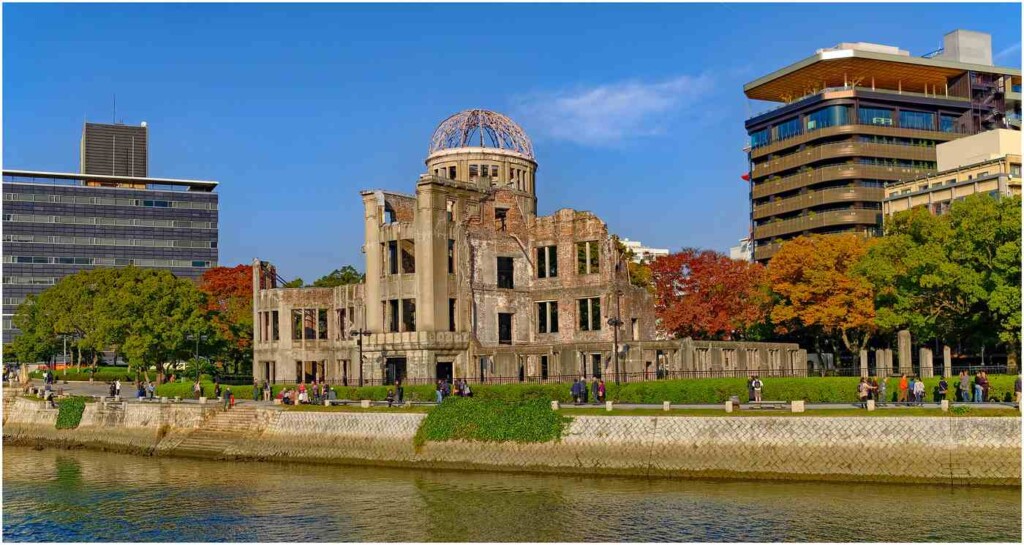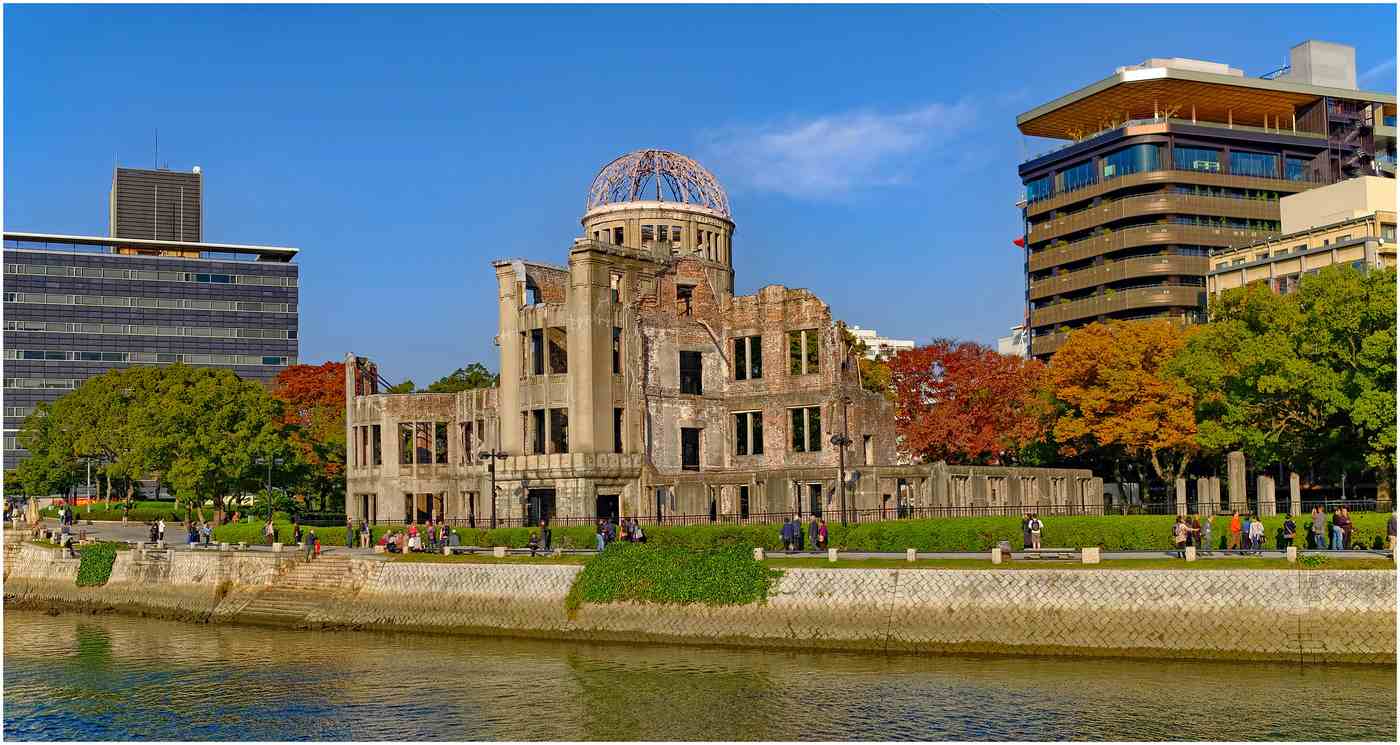
Nihon Hidankyo, an organization of survivors from Nagasaki and Hiroshima, has won the Nobel Peace Prize for their fierce campaigning to end the threat of nuclear war that so dramatically scarred their lives.
Coming at a time when humanity lies more heavily between the crosshairs of the bomb than perhaps any time since the Cuban Missile Crisis, the award is a powerful reiteration: that a nuclear war cannot be won, and must never be fought.
Founded in 1956, the organization’s chief activity is sending survivors of the bombings around the world to share testimony and contribute to what Chairman of the Nobel Committee Joergen Watne Frydnes called the “nuclear taboo.”
Speaking to reporters, Frydnes warned the “nuclear taboo” was now “under pressure” and that Nihon Hidankyo’s work to reinforce it was invaluable. While nominated several times in the past, Nihon Hidankyo has never won.
A tearful Toshiyuki Mimaki, the co-head of the group, said: “Never did I dream this could happen,” according to AFP.
“[Japan’s nuclear survivors] help us to describe the indescribable, to think the unthinkable, and to somehow grasp the incomprehensible pain and suffering caused by nuclear weapons,” the committee said.
On August 6th, 1945, a US bomber dropped the uranium bomb above the city of Hiroshima, killing around 140,000 non-combatants. Three days later, a second bombing at Nagasaki resulted in similar destruction. Additional details about these decisions have emerged in recent years.
As CNN reported, despite the overall number of nuclear weapons continuing to fall, the number of operational weapons—those that could be used—has been both increasing, and becoming more sophisticated.
Russia has already established the parameters for the use of its nuclear weapons in the current war with Ukraine—and they aren’t limited to deterring a nuclear attack, and in fact, are almost all merely met since Ukraine’s counter-invasion of Kursk. Israel, a nuclear-armed state that keeps its arsenal secret, is currently engaged in a three-and-a-half front war, and was recently found guilty of carrying out genocidal acts in Gaza at the International Court of Justice.
AWARDS FOR INSPIRING PEOPLE: He Saved One of the Largest Forests in India from Coal Mining–and Was Honored With 2024 Goldman Prize
North Korea has altered its national defense strategy, removing a unified Korean Peninsula as the regime’s highest goal for the first time in its history. South Korea now participates in nuclear weapons sharing with the US, and Japan’s new prime minister has expressed his desire to do the same.
The Bush Jr., Trump, and Biden Administrations have either unilaterally removed the US from, or declined to renegotiate—the five major arms control agreements established during the Cold War.
Possessed by some of these states in addition to China, hypersonic glide cruise missiles could in theory now deliver a nuclear warhead across continents without any ability of existing states to intercept them. Russia’s improved ICMBs now travel over the South Pole, bypassing the vast majority of NATO anti-missile infrastructure.
WORK FOR PEACE: School Teaches Students on Opposite Ends of Violent Conflicts – Reconciliation Over Revenge
The US, France, China, North Korea, and the UK, are all undergoing significant nuclear weapons modernization programs.
To summarize, the risk of a nuclear exchange is more threatening than it has been in a long time, and the Nobel Prize, coming at such a moment, delivers a powerful statement against their use or possession.
SHARE The Inspiring Message Of These Survivors With Your Friends…




















